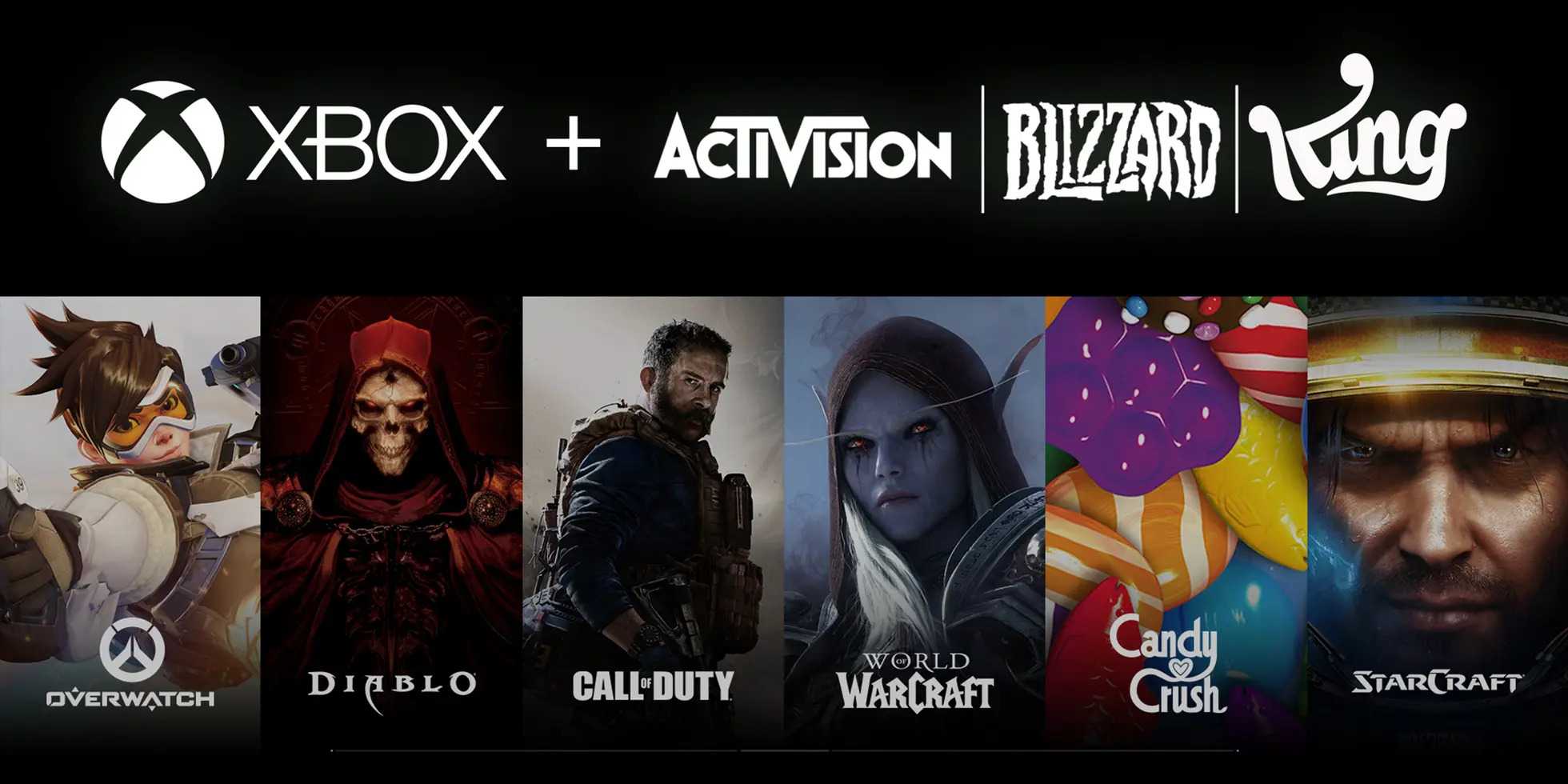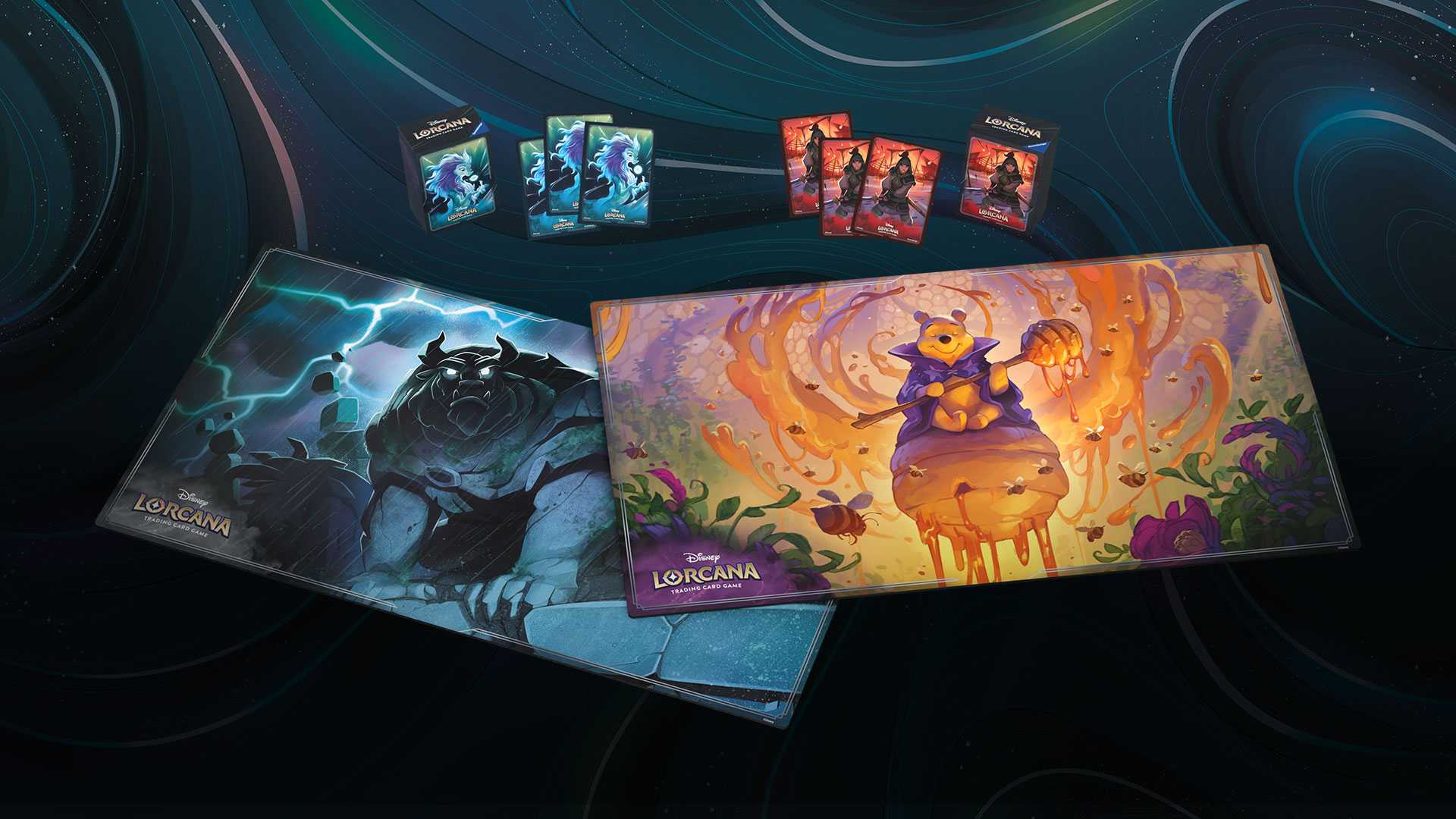When Oculus Rift and HTC Vive both hit the market in 2016, the hype was palpable. Consumers had never experienced this level of high-end VR on any previous platform, but the barrier to entry for the average consumer was just too high. An expensive gaming rig in addition to the high cost of the headsets meant that only the most enthusiastic consumers would adopt the technology.
Fast forward to 2019, however, and the standalone Oculus Quest (just $399) began changing consumers’ perceptions. The Facebook-owned company followed that up last year with the Oculus Quest 2 at an even cheaper $299, and their own market data now shows that the ecosystem is finally becoming sustainable for game developers.
As of this month, over 60 titles on the Oculus Quest platform have generated revenue in the millions, nearly doubling the 35 titles that achieved that milestone just last September – the Quest 2 launched in September, suggesting that this surge in revenue-producing titles was fueled in part by the newer Quest headset. Six titles have managed to generate over $10 million in revenue on the Quest platform, and while that pales in comparison to triple-A projects on consoles, the upfront investment from studios in many of these VR titles is far, far less, so $10 million would certainly make for a handsome profit among most of the top-selling VR games.
A VR platform cannot succeed without compelling content, and that content does not appear if the development community cannot make a living. The impact that Quest has had on this sector is encouraging, but it’s also important to recognize that all of gaming has seen an uptick during the pandemic as people stay home and seek entertainment. Last May, CNBC said that the coronavirus outbreak could be a “catalyst” for the VR market. The prognostication proved accurate, as Interpret’s New Media Measure®: Global Profiles™ shows that worldwide interest in purchasing a VR headset grew several percentage points among gamers from early-COVID to mid-COVID. In the US, during the early-COVID period, 7% of weekly gamers were very interested in VR, and that figure grew to 11% recently. With Apple reportedly continuing to pursue its own VR technology, the VR market will only get more interesting in the future.







